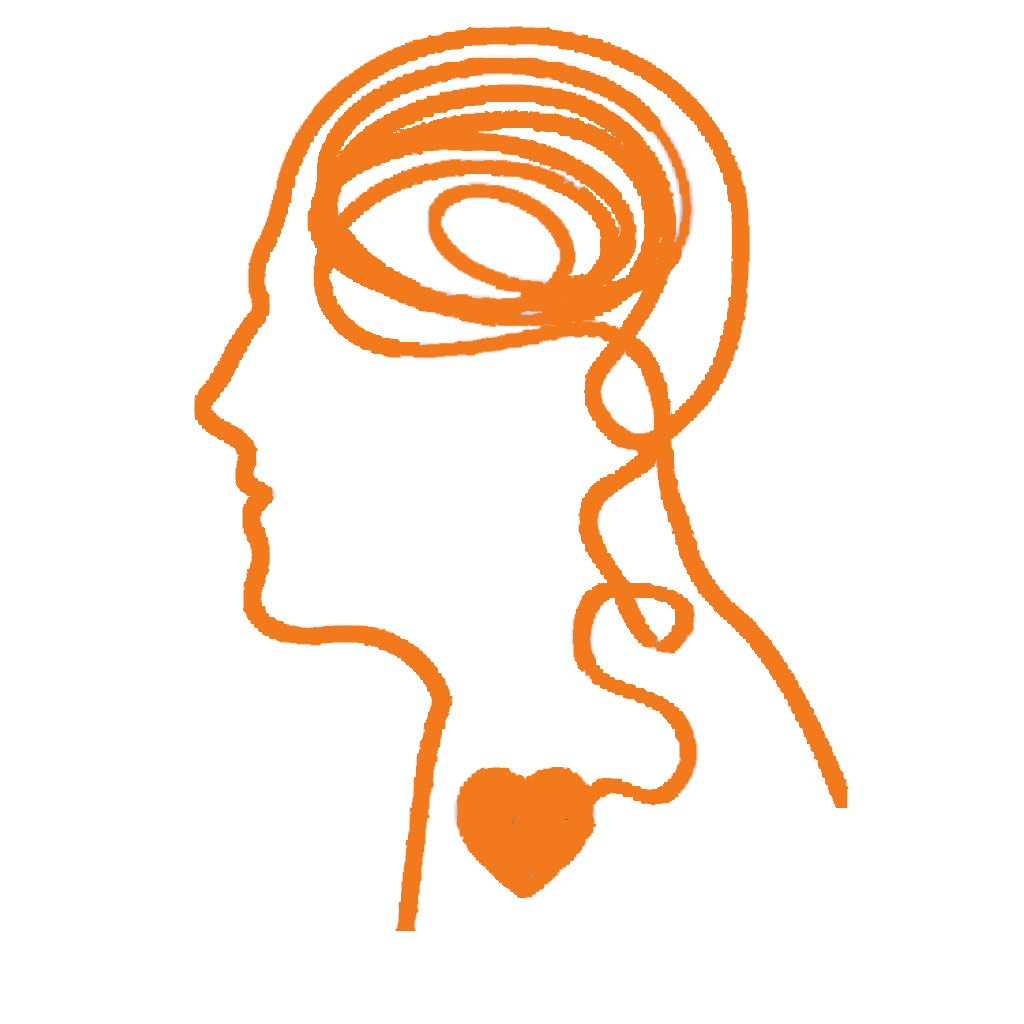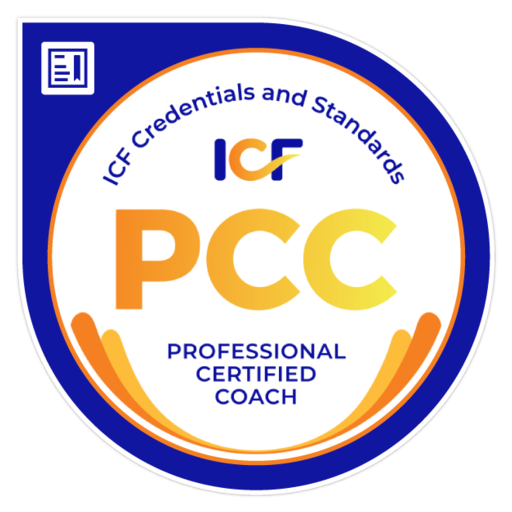“Empty your cup so that it may be filled; become devoid to gain totality.”
~ Bruce Lee
I recently attended a seminar on leadership in a multicultural context. There was a martial arts specialist there who told a story Bruce Lee would often tell to drive home the idea of combating adversity, being open-minded, getting to know ourselves and the world around us, and where we fit in.
A professor comes to learn from a wise Zen master, but it quickly becomes obvious to the Zen master that this professor is more interested in showing off his own knowledge then in learning. He interrupts the Zen master. He follows each story the Zen master tells with a story of his own instead of really listening (You know the type, the person who has to top your story about loss or success, or a failed attempt at something with one of their own instead of hearing you out and empathizing.). So the Zen master begins to pour a cup of tea. He fills the cup and keeps pouring, so that the cup is overflowing.
The professor stops him, saying the cup is overflowing, no more will fit in. The Zen master says to the professor, before you can really learn something you have to empty your cup.
The need for an empty cup, an open mind, is the basis for everything. Yet, in so many of our lives when we try to learn something new, we try to put things on top of things, never removing the true barriers or leaving behind the behaviors that don’t work for us. A common example of how we put things on top of things is bringing our past into the present moment and for that matter the future. We base our listening or actions on the past, holding people as well as ourselves to a behavior or way of being that might no longer be present. You might say to yourself things like: “I will never be able to write without making mistakes” or you might think that your boss will always treat you unfairly just because s/he has done so in the past.
I understand that we sometimes use the past to predict the future or make decisions in the present, but be careful not to use it as a way to limit yourself or corner people. I believe it’s really about emptying the cup, wiping the blackboard clean, and starting over if you want to change course and find your true meaning.
Peter Drucker, the writer and management consultant, has a similar philosophy. He said improve your strengths and neutralize your weaknesses. In other words, it’s not about fixing the status quo. Some things can’t be fixed: a bad marriage, a bully boss, trying to work analytically when you are really a creative spirit. But we get fixated sometimes on the wrong things, when we really should be looking at what we’re good at, what our strengths are, what we enjoy.
So how do you neutralize your weaknesses? How do you empty your cup and your life of the things that do not serve you, so that you can be open to the things that do.
At Clear Intentions’ we start with taking a look at who you are. It is the first step of your 4-step model to creating breakthroughs and bringing out the very best version of you. Sometimes you need to empty the cup and start fresh, not worry about what came before. Ok, you didn’t get started on this three years ago, that’s ok; you are here and ready to look at yourself now. Look at what you are good at and what you are not good at. I’m a good writer. I’m not good at math, for example. I’m introverted, not outgoing. Then seek or pursue the things that are true to who you are.
Next, look at how you can build upon your strengths, rather than try to build up your weaknesses. If more employers shaped the duties their employees have to their strengths instead of focusing on their weaknesses in employee performance reviews, employees and employers alike would be happier and productivity would skyrocket.
Last, don’t completely forget about your weaknesses. Instead, think about what you can do to neutralize them. Accept them and come into alignment with them. But don’t put all your energy into fighting them. The best way to come into alignment with them is to take a moment to accept your weaknesses. Nobody is good at everything. If you have a strong judgment about yourself, take some time to do what I call “forgiveness process.”
We all have weaknesses, all of us, even if we don’t want to admit it. That’s not a failure, that’s being human.
Accept those weaknesses; give yourself permission to have them. Then empty your cup of them. In other words stop pursuing the things that force them front and center, like the bad relationship, gaining acceptance from the bully boss instead of finding a better fit where you are or somewhere else, or trying to be someone you are not.
Be ok with yourself, empty your cup, and then fill your cup with what fulfills you. When you embrace who you are and what feels true to you, then you are ready to learn.




